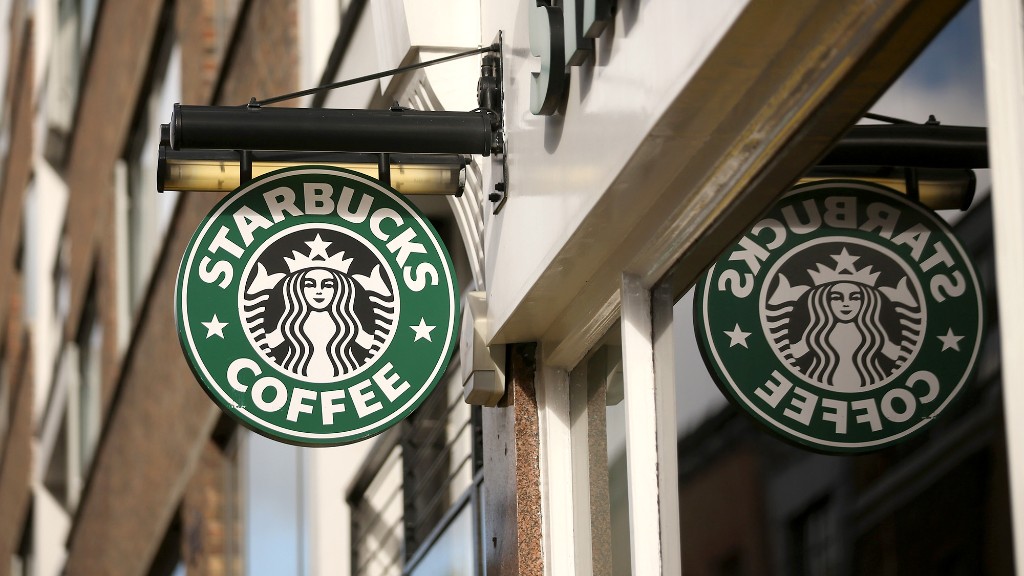
European officials have ordered Starbucks and Fiat to repay millions in taxes after they found the companies benefited from illegal deals with two countries.
The European Commission said the Netherlands gave Starbucks (SBUX) a sweetheart tax deal that allowed the coffee chain to avoid up to 30 million euros ($34 million) in taxes since 2008. It said the Dutch government will now have to recover those taxes from Starbucks.
The same goes for Fiat Chrysler (FCAM), whose finance division avoided up to 30 million euros ($34 million) in taxes through a deal with Luxembourg in 2012.
"Tax rulings that artificially reduce a company's tax burden are not in line with EU... rules. They are illegal," said Margrethe Vestager, Europe's top anti-trust official. "All companies, big or small, multinational or not, should pay their fair share of tax."
Starbucks and Fiat said they would appeal the decision.
"Starbucks shares the concerns expressed by the Netherlands government that there are significant errors in the decision," the company said in a statement.
The Netherlands said it was surprised by the decision. The government said it would take a careful look at the ruling before deciding next steps.
Fiat Chrysler said it had done nothing wrong, and reassured shareholders that the tax ruling would not have any effect on its earnings. Luxembourg also said it believed the EU ruling was flawed.
Related: End of the road for corporate tax cheats?
It's normal for European countries to agree tax deals with companies so they have a good idea about how much they will have to pay. But in these cases, the regulator said the companies had been allowed to avoid taxes through "artificial and complex methods ... [which did] not reflect economic reality."
The European Commission said Starbucks moved money between business units in different countries in a way that helped them lower their overall tax bill. And Fiat used calculations that allowed them to shrink their tax payments, it said.
Related: The world's top tax havens
Experts say this European tax ruling could be the first of many. Officials are looking at McDonald's (MCD) tax affairs in Luxembourg and have launched an investigation into Amazon (AMZN) and Apple's (AAPL) tax arrangements.
Countries around the world have been trying to work together to clamp down on corporate tax avoidance.
The Organization for Economic Co-operation and Development estimates that loopholes allow companies to dodge as much as $240 billion in taxes per year.
A new package of international tax rules, which was drafted by over 60 countries, is set to be approved by world leaders next month.
They will require multinational firms based in 62 countries to disclose details about their business operations, global subsidiaries, sales, profits, tax payments and employee numbers.
This information will be shared between national tax authorities to ensure companies are being transparent about their operations and tax obligations.
This will help countries conduct audits, understand how companies are moving money abroad and levy appropriate taxes.

